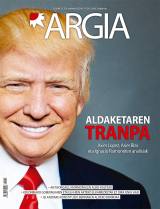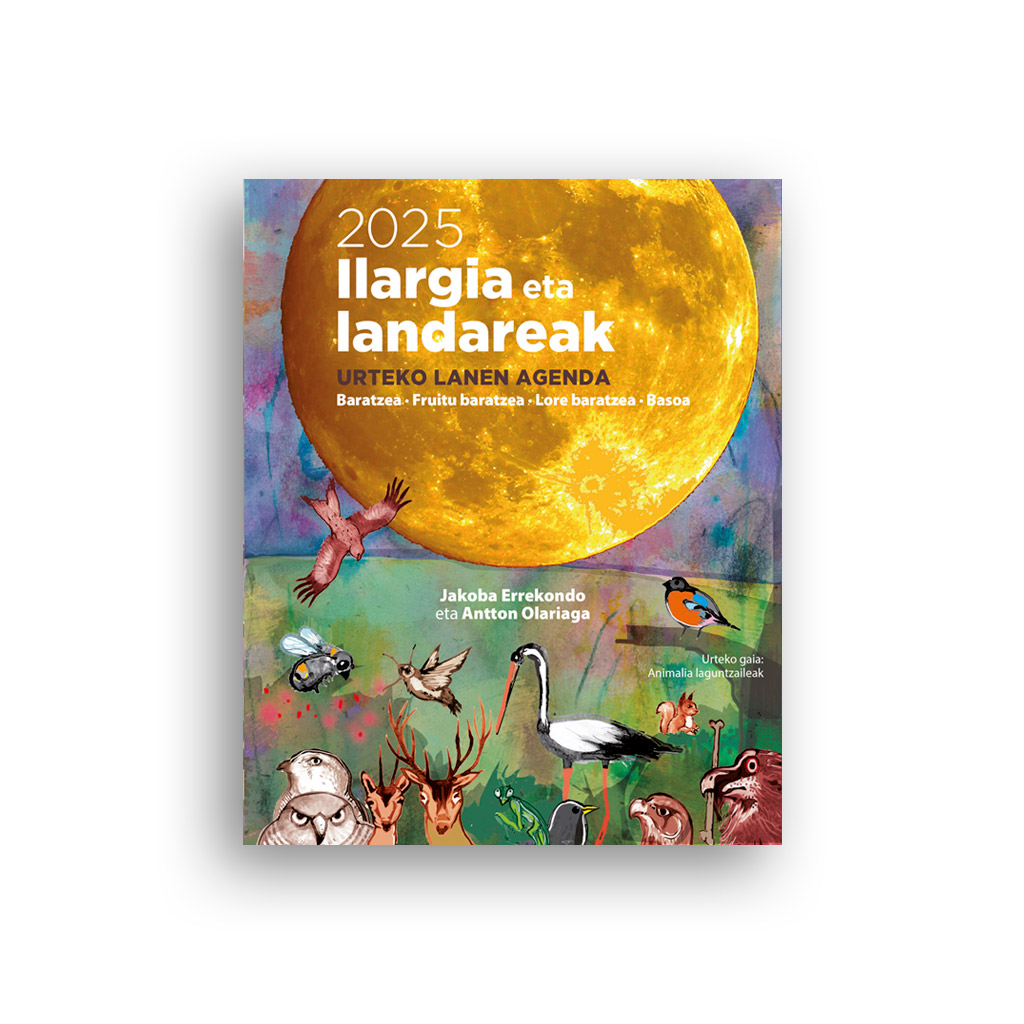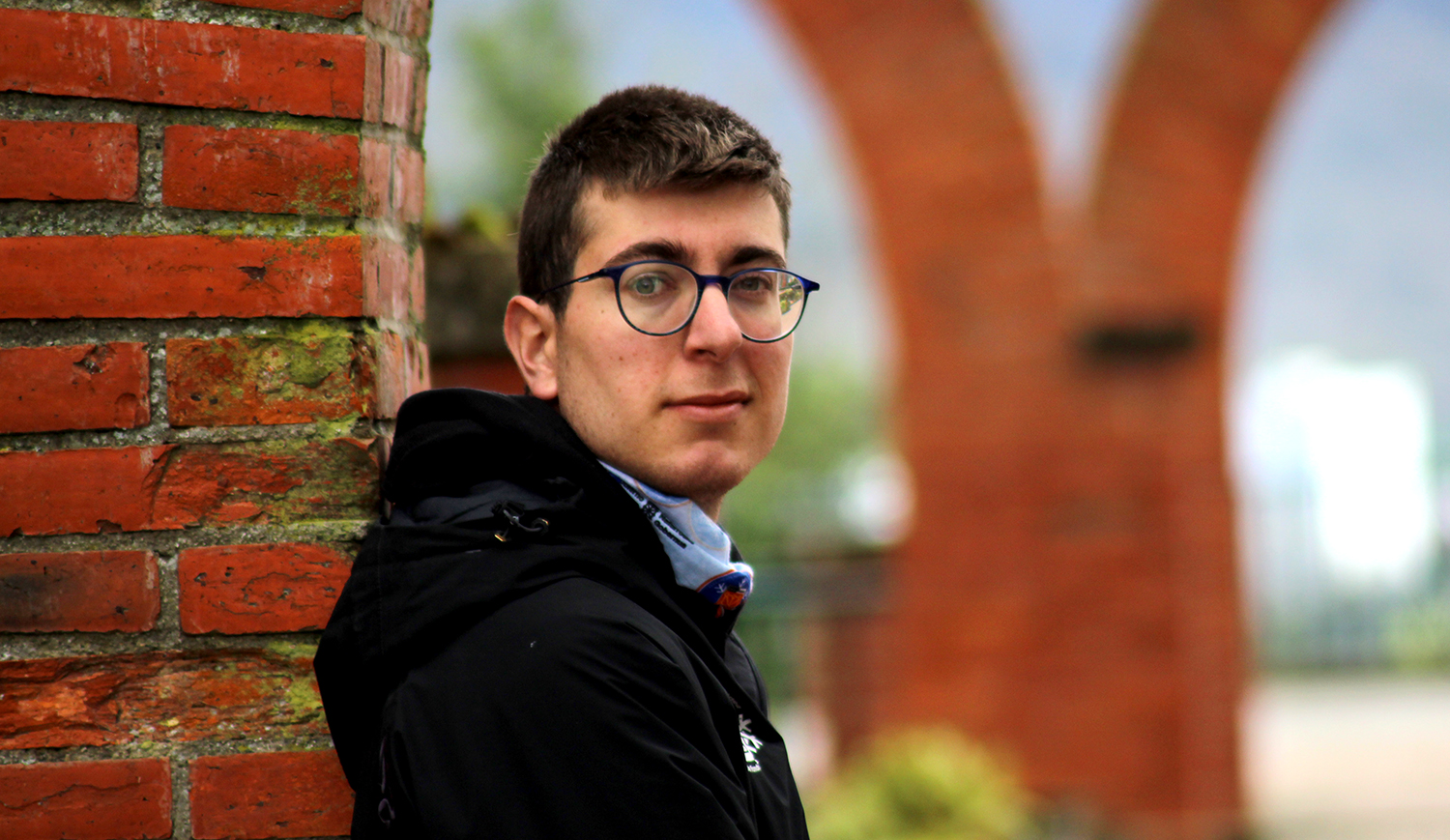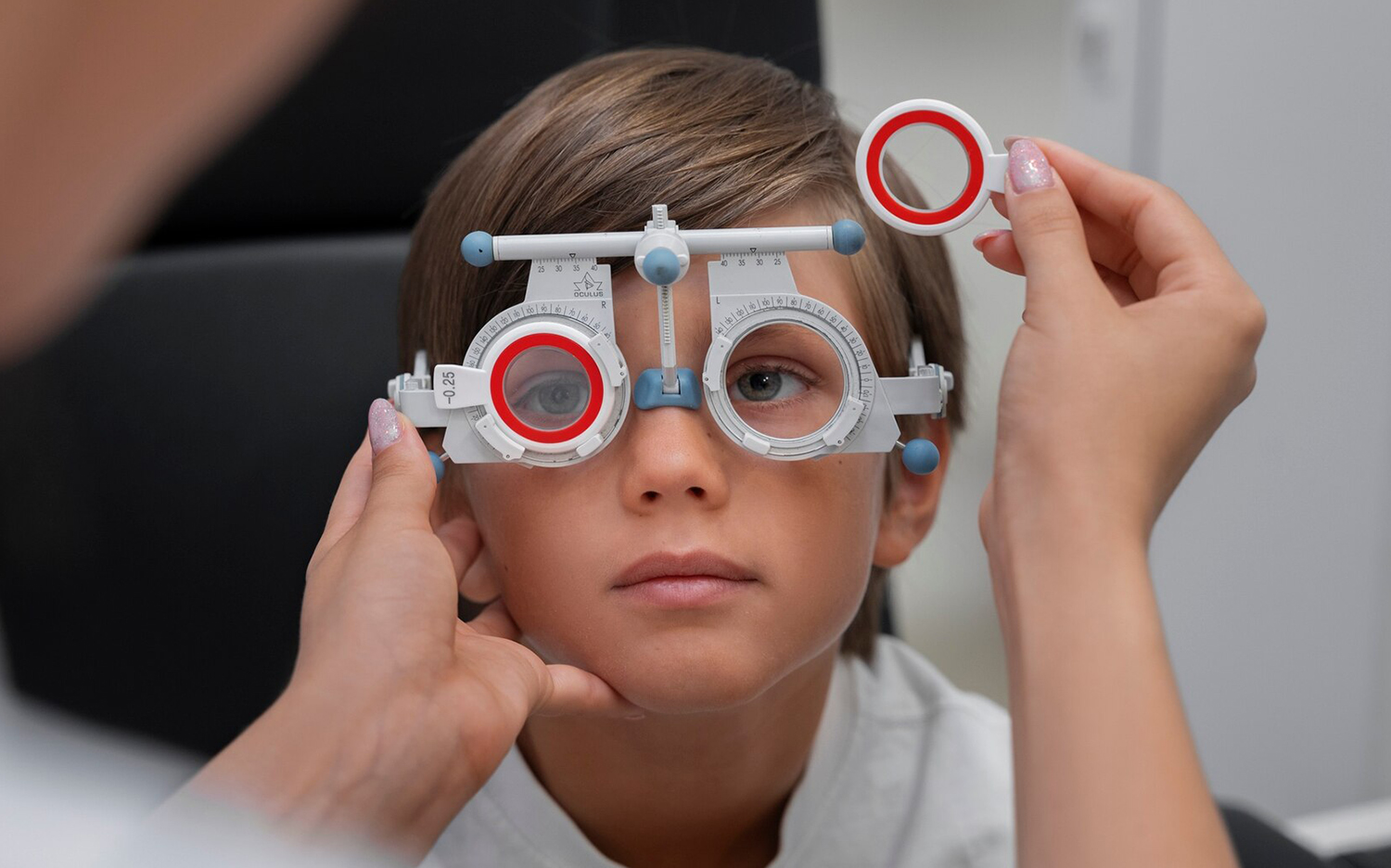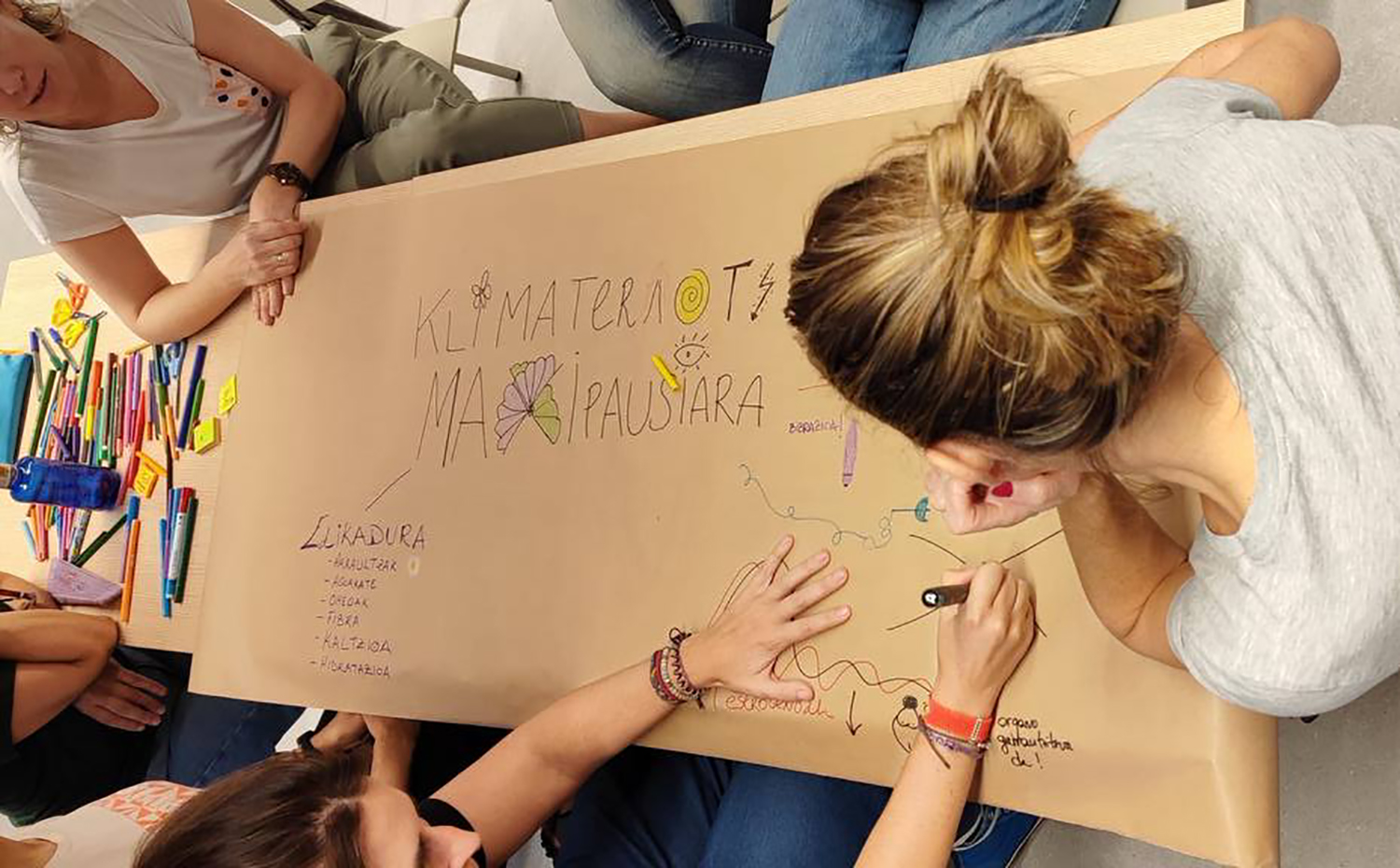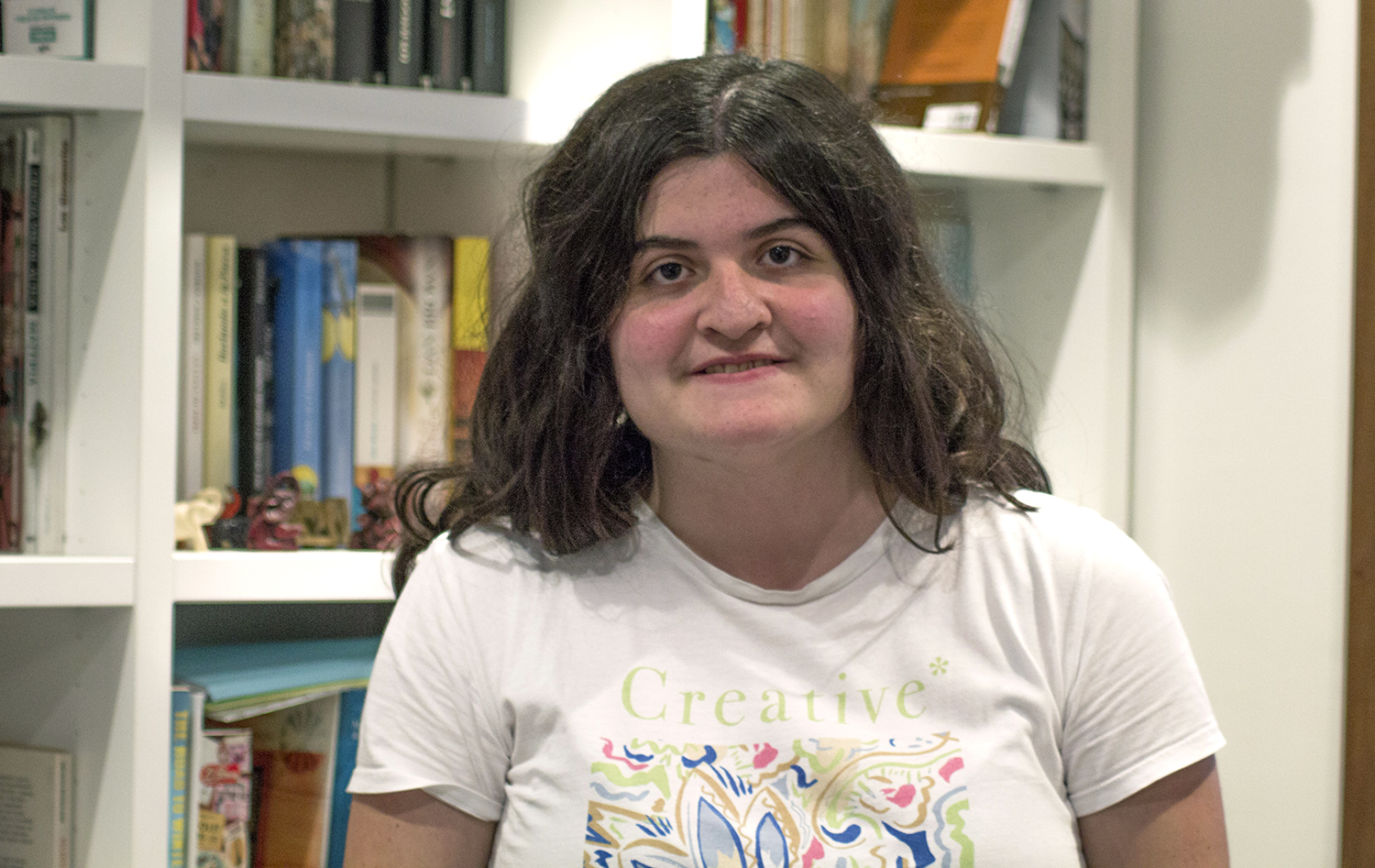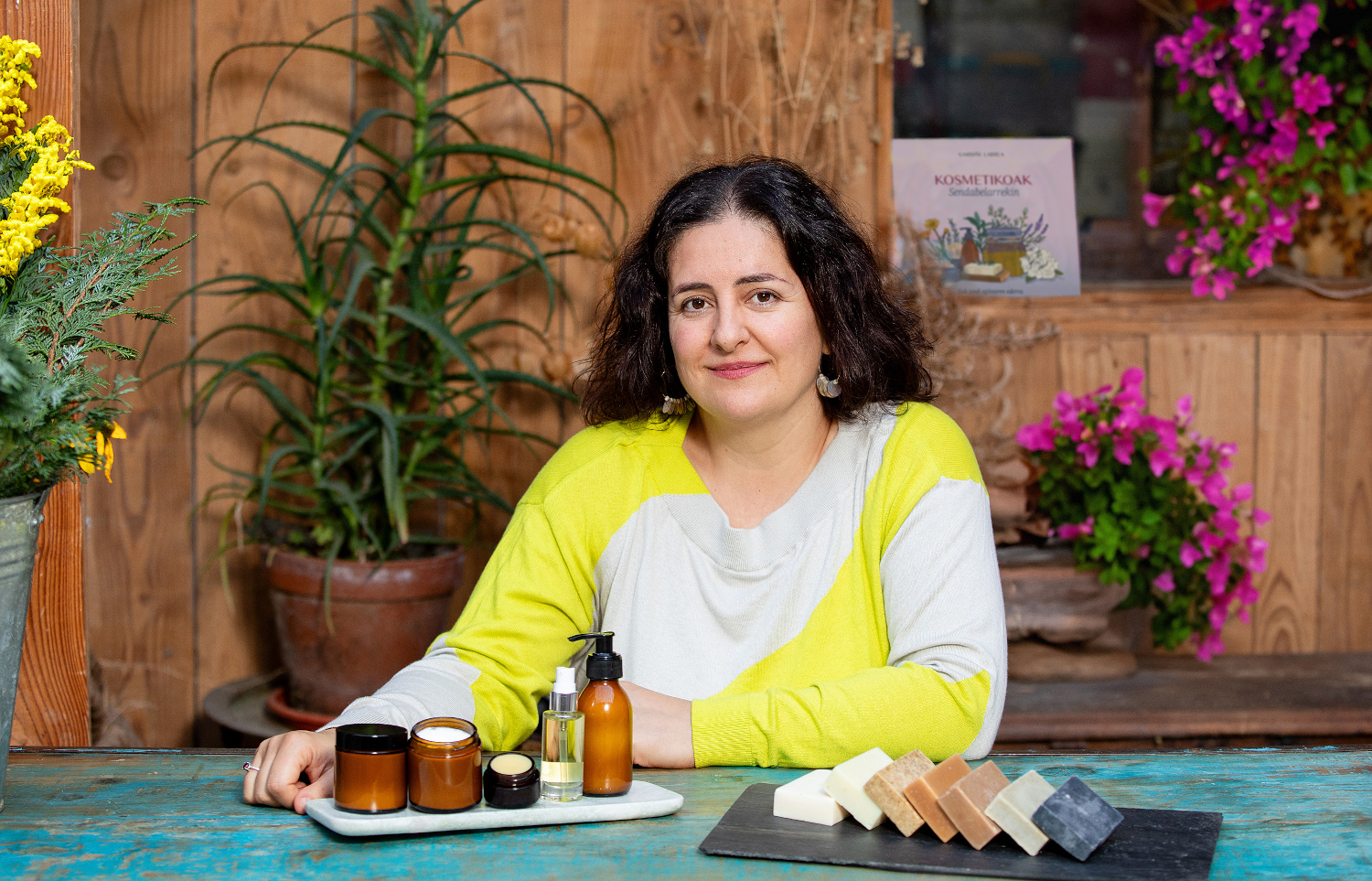Amaia Elortegi: "Not overprotecting me has been fundamental."
- From school, we've learned what the body is like and whether or not we identify it with that general model. However, little is known about non-regulated bodies. Amaia Elortegi, with the mere fact of being, has opened his gaze around him, learning his body. He told us that.
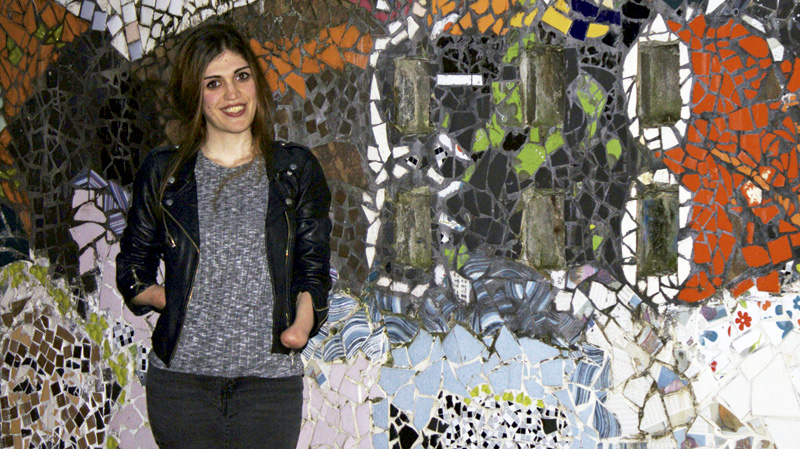
Amaia Elortegi, from Pasai San Pedro (Gipuzkoa). Degree in Basque Philology. He likes to cook, draw, play sports, music, dance and walk. In the year and a half a bacterium caused septicemia, an infection in the blood. This “perverse” blood affected the four branches of the body, legs and arms. As well as the head is a horn, they thought it would also affect it.
The infection had conditioned her childhood: “The closest thought that if they survived it would be to stay in a plant state; they gave nothing for me.” He was in a coma a month and a half, but he survived. In addition, he had not suffered any damage to his head.
“The family started looking for a place to learn and treat the disease. Thanks to a friend of our mother, we met a German nurse and told us a specialized center. I filled a lot of papers and left with my mother. In Germany, almost eleven operations have been carried out. Thanks to them, I do a lot of things today. They left me with a lot of nerves in my hands and I have movement.”
Elortegi can also walk with leg prostheses. He says he’s been “less than he wanted” lately, suggesting he’s been more for laziness. However, he has told us that he is sometimes injured and, therefore, his independence is reduced.
Elortegi, from a young age, has known his body this way and learned to use it. “To do different things, I use different points of my hand and make different movements. I help myself to eat, but to write, for example, I have never wanted to put it in and I have learned to write with my own hands. I do actions with shoulders, chin, mouth and different supports.”
But not everything is in your hands. It cannot move freely in public space: “I understand that many features should be taken into account, because there are different needs. He who is in a wheelchair can catch the bus, but the train doesn't. I can get on the bus, but with difficulties; sometimes there is a big gap between the lower level of the ladder and I have no balance. Given that we are standing, I have difficulty opening the portfolio because I have no support and people and the driver are waiting for me... I adapt better with the card.”
In addition to physical resources, we have talked about the difficulties and stereotypes that society has in living in diversity. Aware of this, it is often asked: “Why didn’t they treat me differently?” The question stayed in the air.
In Elortegi's words, what lives is largely taboo, which hinders the development of relationships with naturalness, at least while trusting, because at first one looks away: “Often the children are looking at my hands and waiting for me to come near,” he laughs. “That’s what we end up talking about. If it is with respect, it is, after all, the most natural thing and for me it is nothing strange.”
Your family, friends and teachers have always been by your side. The key was not to give it an "excess" of protection, he stressed: “Teachers and parents have always been in touch and asked me how much I was, but not always on top. They didn't talk about my work or my impotence. Therefore, I have never felt different.”
Orain arte desgaituak ez diren pertsonekin lehiatu da Uharteko Ipar Eski Taldeko Eneko Leyun eskiatzailea (Iruñea, 1998). 2024-2025 denboraldian, lehenengo aldiz parte hartu du Adimen Urritasuna duten Pertsonentzako Iraupeneko Eskiko Espainiako Txapelketan. Urrezko... [+]
Pertsona lodiek lodiak izateagatik bizi izan duten eta bizi duten indarkeriaren inguruan teorizatzeko espazio bat sortzea du helburu ‘Nadie hablará de nosotras’ podcastak. Cristina de Tena (Madril, 1990) eta Lara Gil (Fuenlabrada, Espainia, 1988) aktibista... [+]
Gazteagotan baino lotsa handiagoa dauka, baina horrek ez dio saltsa askotan ibiltzeko gogoa kentzen Leire Zabalza Santestebani (Iruñea, 1990). Beste gauza askoren artean, Motxila 21 musika taldeko kidea da. Nabarmendu du musika gauza asko aldarrikatzeko bide izan... [+]
Miopia gero eta gehiago eta gero eta lehenago ari da garatzen, eta horren arriskua da dioptriak gehitzen joatea eta helduaroan begiari lotutako hainbat gaitz izateko aukerak dezente handitzea. “Eguzki-argia jasotzea inportantea da, eta denbora asko ez igarotzea oso gertu... [+]
Istorioetan murgildu eta munduak eraikitzea gustuko du Iosune de Goñi García argazkilari, idazle eta itzultzaileak (Burlata, Nafarroa, 1993). Zaurietatik, gorputzetik eta minetik sortzen du askotan. Desgaitua eta gaixo kronikoa da, eta artea erabiltzen du... [+]
This wedge that the announcement on the radio Euskadi to replace the bathtub with a shower encourages the commencement of the works in the bathroom of the house. A simple work, a small investiture and a great change are announced. There has been a shift in toilet trends and a... [+]









